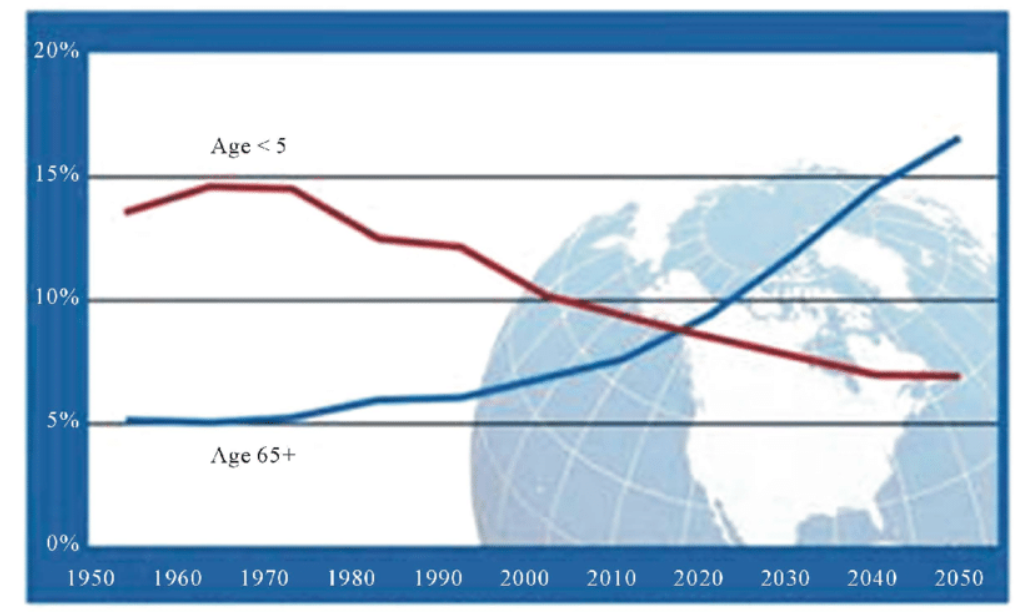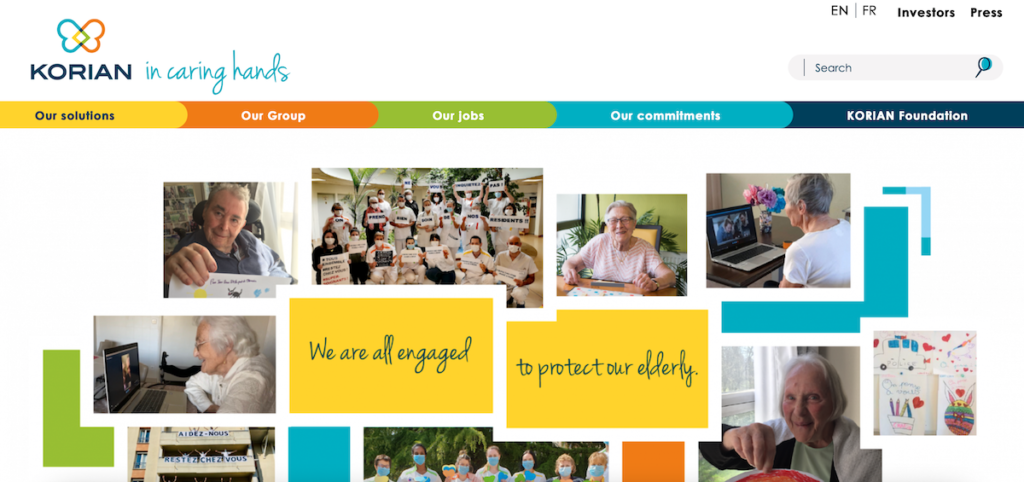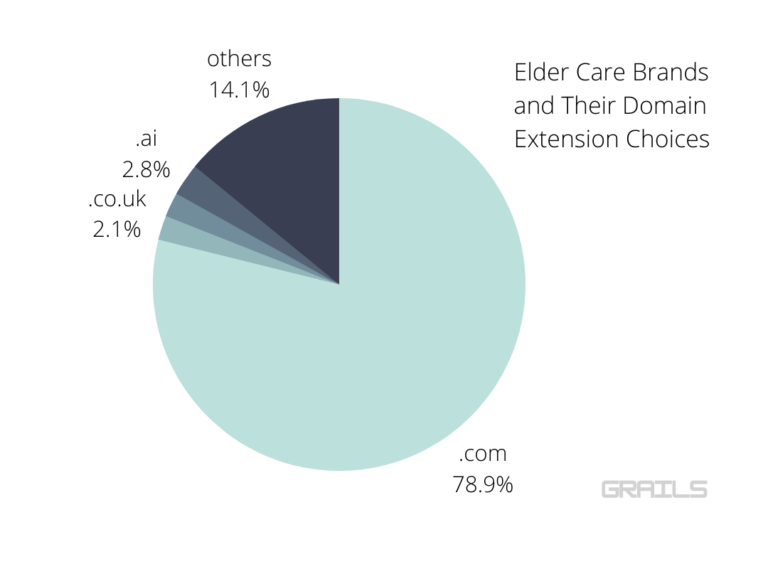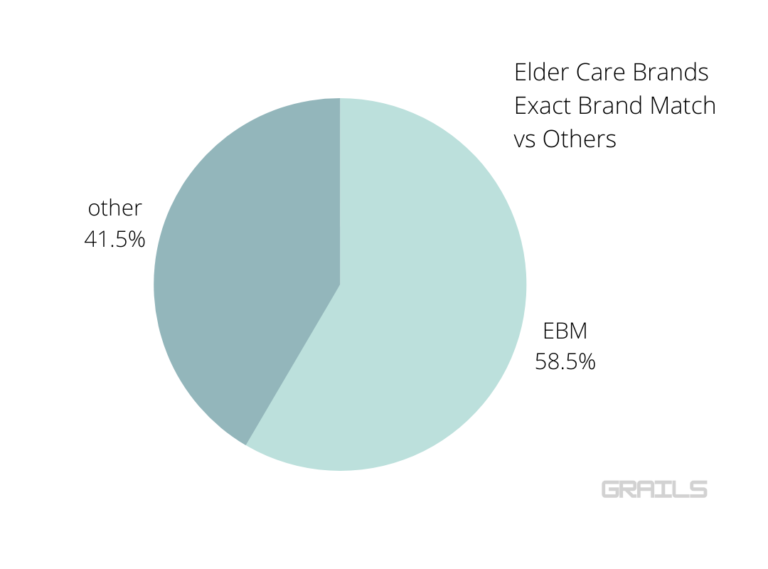Overview
The worldwide population of people aged 65 and over is expanding faster than any other age group, according to the United Nations. By 2030, one out of every six persons on the planet will be 60 years or older. The population aged 60 and beyond is projected to increase more than double from 1 billion in 2020 to 2.1 billion people in 2050.

Source: United Nations
Older people faced the most threats and challenges during the peak of the COVID-19 pandemic. Besides COVID-19, the elderly have had to cope with many other issues, such as difficulties getting medical treatment for chronic conditions during lockdowns and isolation. Another major problem is the severe shortage of carers, particularly for the elderly who want to remain in their homes rather than transfer into nursing facilities.
Neighbourhood Studio has identified crucial areas that requires attention and resolution for companies in the elder care market.
Ageing at home
The trend of seniors ageing at home instead of in nursing homes is on the rise. Approximately 80% of seniors, according to the AARP, prefer to age-in-place. This, coupled with their children moving farther away, has created a lack of natural support networks for seniors. As a result, numerous startups have emerged to address the challenges faced by the senior care industry.
Over the last 30 years, the average age of elderly people leaving their home for full-time, managed care has increased from 74 to 90, and the average distance between the elderly and the closest adult child has jumped from 32 miles to 56 miles.
TechCrunch
Loneliness
Loneliness among seniors is a growing concern. This issue has had a significant impact, with half of British individuals over 65 relying on their television or pet as their primary source of companionship. As seniors retire and their children move away, they frequently experience a lack of social interaction and companionship.
Shortage of home healthcare workers
The shortage of home healthcare workers has become a significant issue, especially since the onset of COVID-19. Many individuals have left home health caregiving positions to pursue higher-paying and more flexible job opportunities.
Startups operating in the home health industry need to prioritize expanding the pool of caregivers.
BCG estimates that the current caregiver labor shortage will result in $290B in lost GDP in the U.S. per year by 2030.
BCG
According to a recent Crunchbase research, venture capital companies have invested more than $2.5 billion into elder care and home health companies over the last five years. By the end of 2029, the Elder Care Services Market is expected to be worth over USD 2.1 billion, with a CAGR of over 6.3%t from 2020 to 2029.
There has been a rise in investor interest because the demographic shift is undeniable. However, I think what has really driven the shift in the past five to seven years has been investors’ interest in health care as a place to innovate.
Abby Miller Levy, Primetime Partners Managing Partner for Home Health Care News.
The research has further shown that three-fourths of seniors want to stay in their homes as long as possible, increasing demand for at-home and remotely provided health care.
There are so many tailwinds coming out of this pandemic. One is that we as a country have discovered that a lot of things can be done at home, including health care.
Helen Adeosun, founder and CEO CareAcademy for Crunchbase
With the rise of telemedicine, manufacturers are dynamically incorporating smart devices and wireless connectivity into the care regimes for the elderly. According to Forbes, the answer to overcoming the pressing difficulties facing senior living and post-acute care facilities will be digital transformation through workforce management.
The elder care marketplace can be divided into the following segments
Platforms for finding caregivers
These marketplaces assist seniors in locating caregivers. Newer companies in this field have gained popularity by offering their own gig-based pool of caregivers and selling their caregiving services to health plans and employers.
Startups offering support for caregivers
These startups cater to the needs of caregivers and are typically marketed to employers for their employees who are caregivers. They come in various forms, such as concierge support systems for caregivers (Wellthy, Grayce), e-commerce platforms (Carewell), or task-oriented applications (Milo).
Senior community services
These startups focus on helping seniors stay connected. There are various models in this sector, ranging from online classes (GetSetUp) and in-person events (Hank) to chatbots (Pyx Health).
Fintech solutions for senior care
These startups specialise in providing fintech and banking products tailored to seniors. This segment offers different types of products, such as ensuring financial security (Carefull) and providing tax benefits (Aidaly).
Namepicks
TheKey (ex Home Care Assistance)
Home Care Assistance was a leading provider of in-home care for older adults, offering personalised support to seniors and their families across North America. The company earned a strong reputation through its high-quality caregiving, wellness programmes backed by scientific research, and commitment to helping clients age safely and comfortably at home.
In March 2022, the company introduced a new brand identity as TheKey. The rebrand reflects a clearer focus on delivering a unified, elevated care experience that blends compassionate service with innovation.
As part of the rebrand, the company moved from the longer HomeCareAssistance.com to the more concise and powerful TheKey.com. Securing an exact brand match domain like TheKey.com enhances brand clarity, builds trust, and improves memorability. A short, meaningful domain is easier to share and more effective across marketing channels. For families navigating important care decisions, a name like TheKey.com makes the brand more accessible and reassuring.

Grayce
Grayce is a navigation platform for families who have elderly or vulnerable members of their family. The company was founded in 2019 and is headquartered in San Francisco, California.
Grayce has raised a total of $3.4 million in funding over one Seed round. The startup has chosen to operate on the withgrayce.com domain name. There is no functioning website on the .com at this moment.

Dignio
Founded in 2010 in Norway, Dignio provides Remote Care Methodology and an Open and Cloud-based SW platform that connects healthcare professionals and patients. Dignio has secured Dignio.com for its brand presence online. An exact brand match .com name like Dignio.com is the natural choice of most internet users, making their marketing most effective across all channels.

CareGuide
CareGuide owns and operates several platforms that connect families with care providers. The company was founded in 2013 in Canada and currently manages the following brands Sitter.com, Housekeeper.com, PetSitter.com, ElderCare.com, and HouseSitter.com.
Brands that are serious about their consistent and strong presence have domain strategies in place and may register multiple domain names for different reasons. CareGuide has also invested in CareGuide.com – an exact brand match .com name. This is the natural choice of most internet users and securing that domain for their business is a clear indication that CareGuide is here to stay.

Feebris
Feebris is a UK-based health tech company that uses AI to monitor care home residents. Caregivers can use the platform to do health checks, and clinical teams conduct remote reviews in these healthcare settings. Feebris has raised a total of $1.4 million in funding over two rounds.
Feebris operates on Feebris.com – an exact brand match .com domain.

Korian
Korian provides nursing homes, post-acute care clinics, assisted living facilities, hospital care, and home-care services. The company can accommodate more than 71,500 residents and patients in Europe (France, Germany, Italy, and Belgium) and employs around 45,000 staff members.
Korian has a domain name exactly matching their brand name – Korian.com. The majority of successful global brands operate on similar names that communicate trust and authority.

Highlights
112 out of 142 elder care startups have chosen the .com extension for their online presence. Key findings show that .com domains are over 33% more memorable than URLs with other top-level domains. 4 companies operate on .ai extension. The .ai extension has certain popularity with tech startups as it is associated with the term Artificial Intelligence and offers more availability than .com.

83 startups operate on exact brand match domains, thus making the most out of their marketing across channels and avoiding security risks.

3 entries have used a dash. Dashes are often included with two-word brand names or added words when the business has to compromise on their domain if the exact brand match name is taken/not within reach.
Other resources
- Mindful Naming: How Mental Health Startups are Choosing Names That Build Trust
- Maximizing SEO Potential with a Memorable and Unique Domain Name
- Why Your Domain Name Matters: 4 Reasons Why .Com Domain Names Are The Best For Your Brand
- How to Build Trust for Your Brand and Open New Online Sales Opportunities
How does your brand name match your company vision? What new horizons can a better name open? Get in touch if you feel your brand deserves a better name, we are always happy to help.

Previous Next